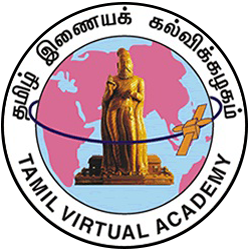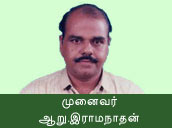Primary tabs
-
In this lesson you shall learn all about prayer songs, celebration songs, mendicants' songs and funeral songs, the age in which they were composed, the manner in which they are studied, and how they serve as tools of conventional education, their present condition etc.
Folk songs are composed out of necessity. From birth till death, they are created under different circumstances and used for different purposes. They are handed down from generation to generation, are composed extempore when occasions demand them, are subject to change and become choral. What is recorded, as folk literature may be just a fraction of what remains unrecorded.
We cannot place any of these folk songs with certainty. They may belong to any age, and be based on anything under the sun, from World War I to the modern film actor. They are reflections of the various times they were composed in.
Songs of prayer are sung as requests for something or as thanksgiving for favours received. 'Suthukummi' is a type of 'Kummi' song popular in Tamil Nadu. Songs sung during celebrations are meant to delight the gathering. Songs, which make fun of the bride and groom during weddings, are not taken seriously by the bridal couple. Mendicants' songs reflect their poverty. Funeral songs, especially when the man of the house dies, express the ways in which the wife has been deprived as also the rights she has been denied.
It is the elderly people who teach the youngsters these folk songs. New songs are also being composed now and then. These songs are educative in nature, because they teach basic mathematics; they also serve as means of communication and teach what is right and wrong in life. They serve to relieve the tension prevailing among the poorer sections of the society, as they use folk songs to voice their grievances and protest against injustice.
Despite the progress of science and technology, folk songs continue to enjoy their popularity and are composed even today.


